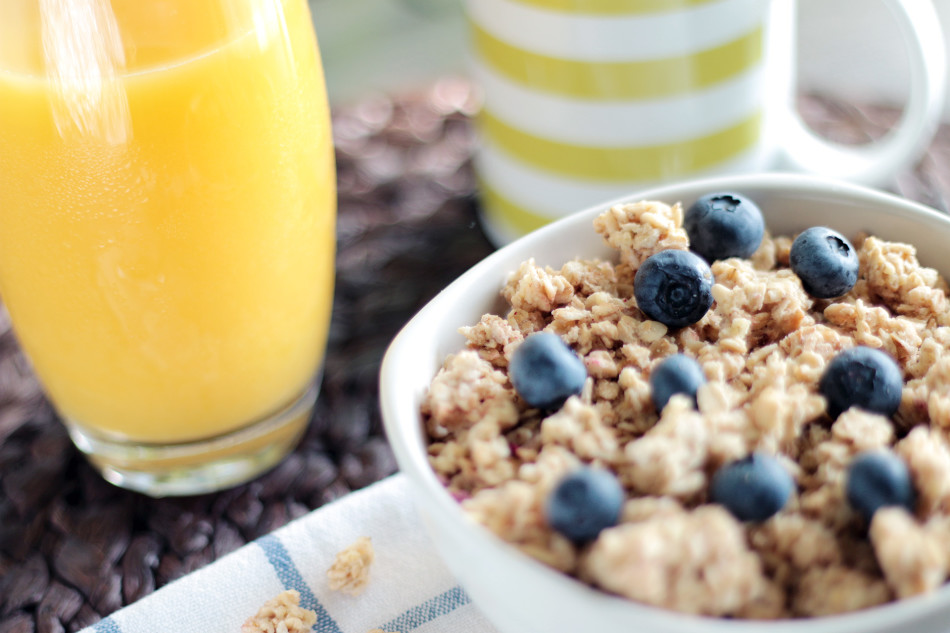Fruit juice in teenage years

Fruit juice in teenage years
1 min read
We all know that it's healthy to eat more fruit and vegetables, but what about fruit juice?
Fruit juice can be made at home if you have a juicer, or bought in shops as chilled juice, or ambient juice – that's the juice stored at room temperature.
FACT
100% fruit juice is simply a drink made by squeezing fruit. There are no added sugars, colours, preservatives or artificial sweeteners. Simply pure juice!
Nutrients for the body
As well as energy (calories), protein, fat and fibre, the body needs very small amounts of vitamins and minerals.
100% fruit juice contains a wide range of vitamins and minerals and fits well with the concept of a plant-based diet. Pure juices of orange, grapefruit, lemon, pineapple and tomato are rich in vitamin C. Orange, pineapple and tomato juices are sources of potassium, while orange juice provides folate. But what do these nutrients do?
Folate contributes to normal immune function and blood formation. It also contributes to a reduction in tiredness and fatigue;
Vitamin C also contributes to normal immune function and supports collagen formation which is important for normal bones, skin and teeth;
Potassium contributes to normal muscle function and to the maintenance of normal blood pressure.
Fruit juice complements whole fruit
Whole fruit and vegetables are always the best option as they contain fibre as well as vitamins and minerals. Experts at the World Health Organisation say we should aim for at least 400 g - that's around five portions a day. But studies show that young people often have the lowest fruit and vegetable intakes in Europe!
It's not always easy to eat fruit and veg when you're on the go. This is where 100% fruit juice can help as it contains similar vitamins to whole fruits. In several countries, such as the UK, a small glass (150 ml) of fruit juice counts as a portion of fruit.
Should I worry about sugar?
Sugar intakes are too high across Europe and mainly come from soft drinks, confectionery, cakes, biscuits and desserts. One small glass of 100% orange juice contributes just 3 per cent of the daily calories in a typical diet and around 14 g of natural sugars which provide a source of energy. By law, manufacturers never add sugar to 100% fruit juice.
When to drink
A glass of 100% fruit juice can be enjoyed at breakfast or after sport. As vitamin C increases iron absorption from plant sources and fortified foods, it's helpful to drink pure orange juice with a meal, especially if you’re vegetarian or vegan.
